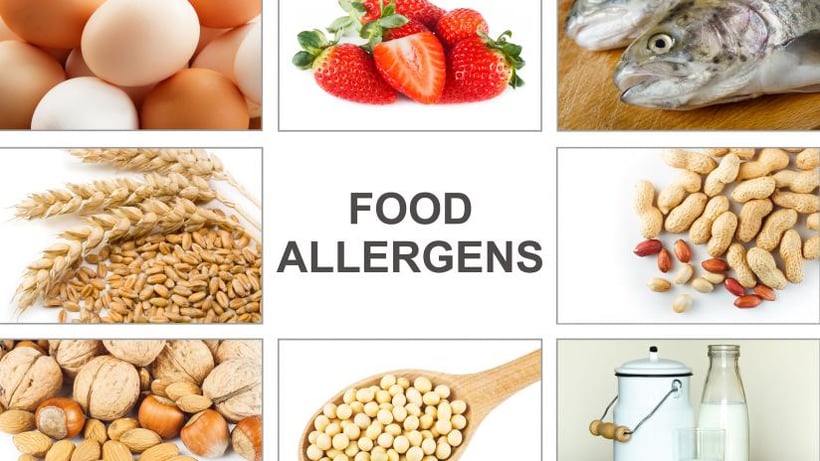Australia and New Zealand have introduced changes to food labelling standards for allergens. Here’s what you need to know about the new laws.
There are many foods that can cause severe allergic or other detrimental reactions if consumed by certain people. Proper food labelling is an important step in informing consumers and keeping them safe.
Examples of the most common allergens in Australia include:
- Lupin
- Eggs
- Milk
- Wheat
- Sesame seeds
- Tree nuts
- Peanuts
- Shellfish
- Fish
- Soy
In early 2021, the Australia New Zealand Food Standards Code was amended to introduce new Plain English Allergen Labelling (PEAL) laws. These laws require changes to the way allergens are declared for many foods. The goal of these changes is to make allergen labelling clearer and easier for consumers to understand.
Food businesses are responsible for assessing the new requirements to ensure that any applicable products’ labels are compliant. Some examples of these new requirements include the following:
- To make allergens easier to identify, allergen declarations must be in bold type and in a typeface no smaller in size than other text in the statement of ingredients
- Foods required to have a label must declare allergens in both the statement of ingredients and a summary statement beginning with the word "contains"
Food that isn’t labelled must include allergen declarations in labelling that is displayed in conjunction with the food or in labelling that accompanies the food. Or, the information must be readily provided to a customer/purchaser upon request.
There are some exemptions that do not require allergen declarations. Some exempted substances include certain gluten cereals that are present in beer or spirits; and alcohol distilled from whey.
Businesses should review Schedule 9 of the Food Standards Code for the complete list of allergens and exemptions.
Businesses have until February 25, 2024 to transition to these new labelling requirements. For two years following, a stock-in-trade period will apply for food packaged and labelled with existing allergen declarations before the end of the transition period.
Visit FSANZ for more information on PEAL laws and regulations and take a look at this helpful guide if you are considering starting a food business in Australia.

